
OR

The best performing economy is the one which has a well-chosen mixture of public and private goods and services.
Many Afro-Asian countries adopted open and liberal economic policies during the eighties emulating the grand successes of some Asian economies like Singapore, South Korea, Taiwan and Malaysia. These countries had adopted market-friendly liberal economic policies in the earlier decade. Though late-comer, the decades of the nineties and onwards have remained in favor of India and China. Changes in its economic policies and structures since the period of Deng Xiaoping led China to achieve unprecedented growth.
Chinese economy now is expected to surpass that of the US by 2030. After adoption of liberal economic policies, India achieved an average growth of 6-7 percent per annum. Indian economy grew by 7.6 percent in 2017 surpassing that of China and making the country one of the fastest growing economies of the world.
Countries like Nepal and other small economies joined the bandwagon of economic liberalization during the last decade of the 20th century. But not all of them have been able to succeed. The countries that were able to dovetail their economic and fiscal policies towards growth orientation backed by appropriate institutions, regulations, good governance, peace and stable political regimes made a remarkable progress. Others which were mired in violence, conflict and political instability remained poor and marginalized.
Private v public
Privatization was taken as one of the best alternatives to check and curb non-corrosive and corrupt practices of the public agency officials during Thatcher-Reagan era in 1980. This newfound faith in privatization became the global economic phenomenon in the ensuing decades. Many public services including the public transport and utility services were given to the private hands by the governments considering the better services and cost-effectiveness of the private sector businesses. Various multi-national companies became a partner in providing basic services and amenities to population of these countries.
Nepal introduced wider policy reform after the restoration of multi-party democracy in 1990. Privatization Act was brought out in 1994 which provided a framework for privatization of the state-owned enterprises. Privatization was taken as a measure of enhancing efficiency, increasing production and productivity. It was also taken as a tool of lessening government’s financial burdens on those enterprises. On the other side, the productive efficiency, allocative efficiency and financial efficiency of the private enterprises were supposed to keep prices of goods affordable for the common people and benefit the consumers. These noble goals can bear fruits only if there are proper regulations to ensure presence of healthy competition, quality goods and services, legislation to protect property rights and a sound legal system to adjudicate and enforce the contract.
There is another side to it too. A more equitable and sustainable economic and social development process necessarily requires intervention by the state because the private sector entities often focus on profit making by ignoring economic and social costs or the negative externalities of their activities. The tendencies of monopolies and oligopolies could be rampant in a society where there is lack of effective regulations. Nepal has several cases of anomalies in private sector businesses—whether it is in transport sector, private schools, hospitals or foreign employment service providers. Common citizens become the victims of the unruly and unethical behavior of private businesses.
Private businesses put high-end advertisement on the television and say that this program is bought to you by such and such company. But, in reality the price of the advertisement is paid by the consumers who buy the goods or services that the specific company provides. So, the correct messages to the viewers could be that they are paying for the broadcast from the specific goods and services that they are purchasing from the market. This is just one example of the misleading behavior of the businesses.
Market behaviors are mostly cruel and callous to the cause of social equity and ethical needs. Hence, the government needs to carry out the works which market or individuals cannot take up. Those may be the development of basic infrastructures; national defense; a reliable currency, a set of laws establishing property rights and commercial dispute resolution. Sometimes the government needs to create public institutions in order to control monopolistic behavior of the businesses.
Looking forward
The government of K P Oli has great opportunity to steer Nepali economy towards the right direction for at least another five years or even more. The new government should be able to learn lessons from the past mistakes where the government’s visible hand could not correct the heavy-handedness of the private sectors in provision of basic services and amenities. The visible hands of the governments are discernible since people do not like to queue up for essential goods like potable water, milk or baby food for their children or few liters of petrol or diesel but may be willing to stand in queue for hours to buy an iPhone or a ticket to a rock concert. The respective authorities of the government should understand these nuances.
In the face of rapid social, economic, environmental and technological changes, government should think how it can best deliver on their promises and potentials to the expectation of common people. The new government formed with the popular mandate of the people, thus, should reconsider the policy of privatization—especially the one which has given free hand to the private sector. The activities that could be done in a better way by the private sector with effective regulations and the activities should be bought solely under public sphere. Not a single source of delivery for all functions is perfect. The best performing economy is the one which has a well-chosen mixture of public and private goods and services. The mixed economy is built on this footing as provided by the three pillar approaches mentioned in the constitution of Nepal.
The author is Former Secretary, Government of Nepal. Views are personal
You May Like This
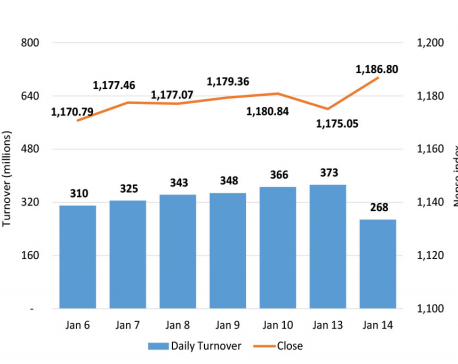
Stocks close higher while market activity drops
KATHMANDU, Jan 15: Nepal Stocks Exchange (Nepse) index posted gains of more than 8 points in early trading on Monday... Read More...

MoF says no to supplementary budget
KATHMANDU, Sept 19: Ministry for Finance has denied any possibility of bringing supplementary budget for the current fiscal year. ... Read More...
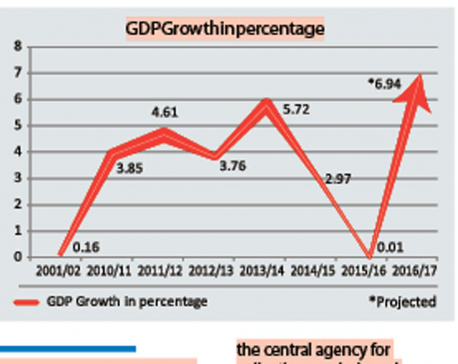
CBS predicts economy to grow 6.94 pc, highest since 1993/94
KATHMANDU, April 26: The Central Bureau of Statistics (CBS) has projected the national economy to grow by 6.94 percent for the... Read More...
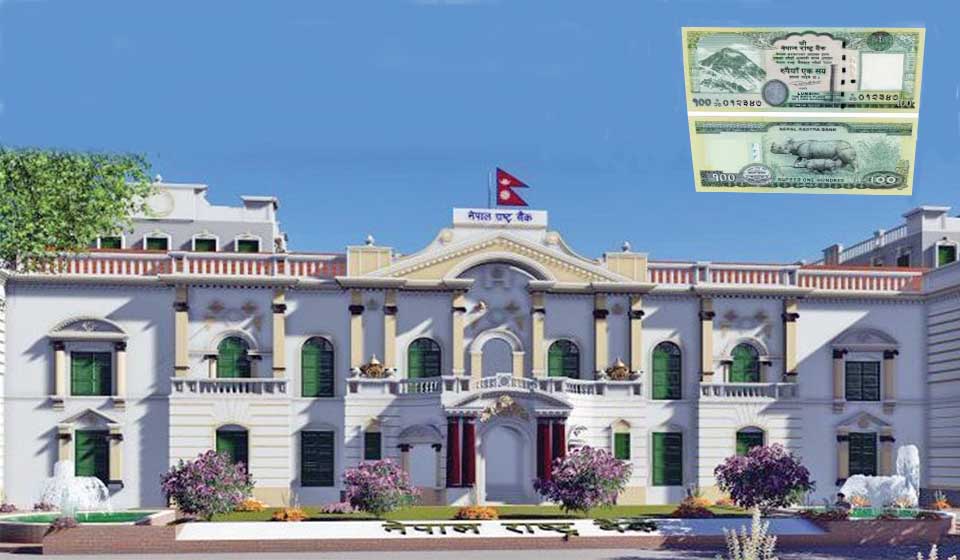
-1200x560-wm_20240503161056.jpg)
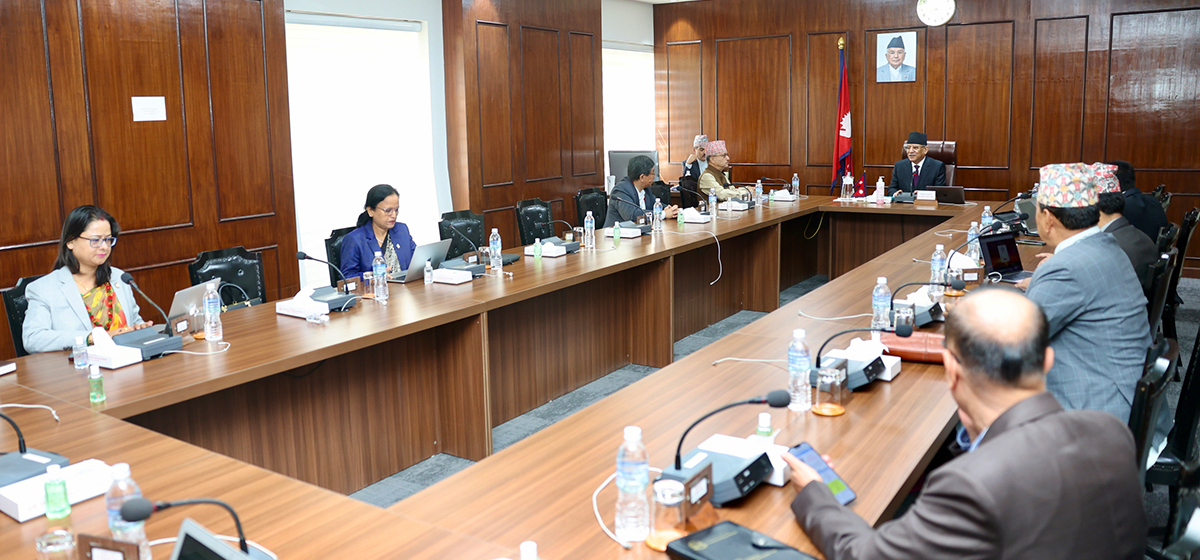
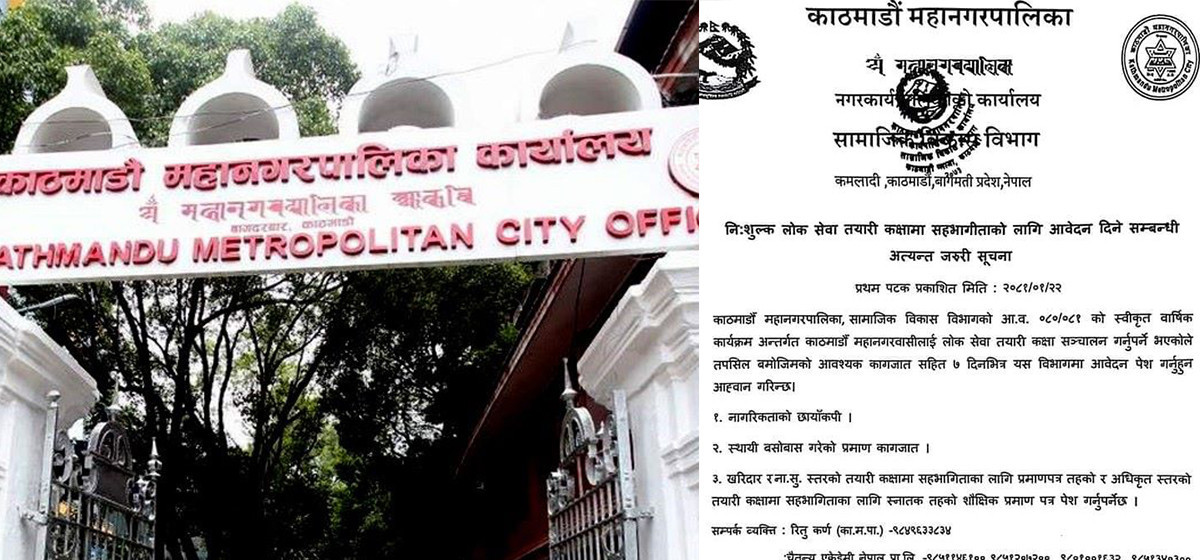

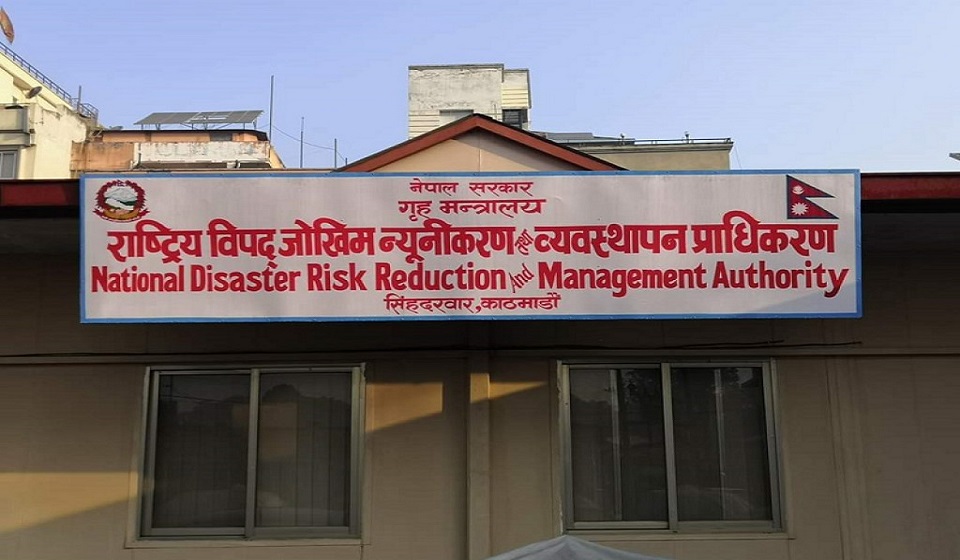
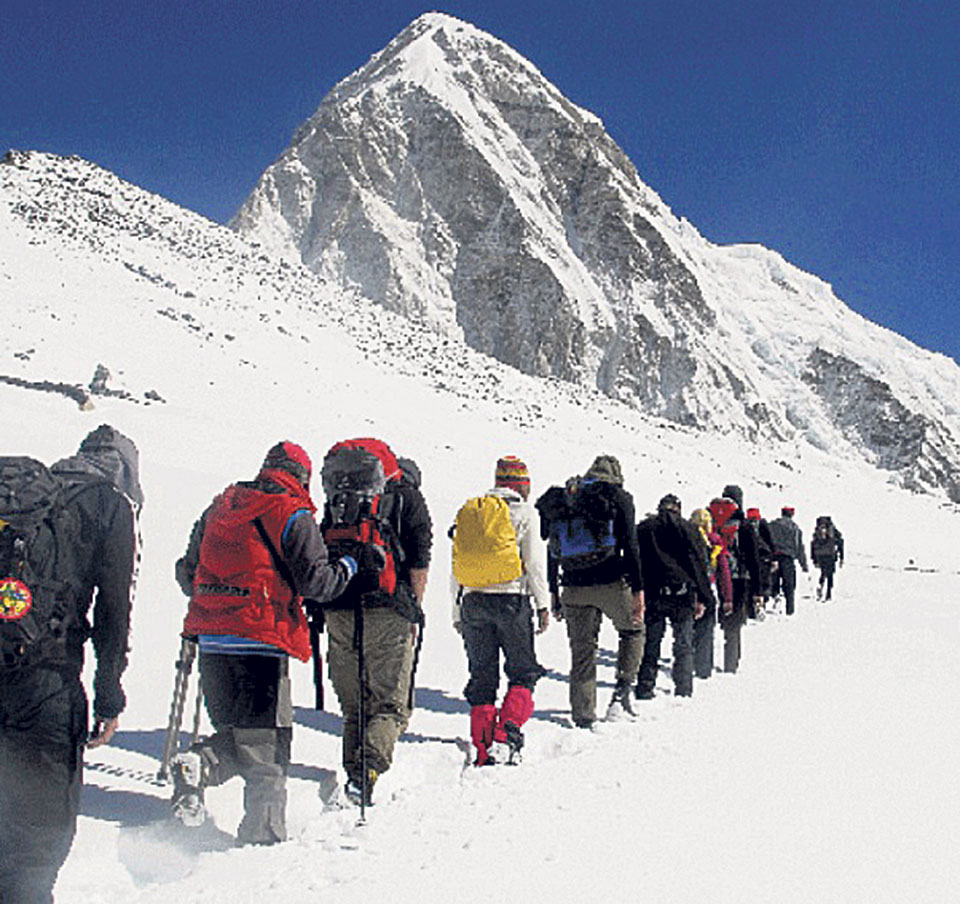
Just In
- KMC to conduct free preparatory classes for applicants of Public Service Commission examination
- Flood and landslide hit Indonesia’s Sulawesi island, killing 14
- Ministry of Youth and Sports seeks suggestions for amending Sports Act
- Light rainfall likely in parts of Nepal today
- Fire destroys property worth Rs 2.5 million in Shuklaphanta Municipality
- Govt to build temporary houses for fire victims
- Experts stress recognition of indigenous communities’ rights to foster sustainable tourism
- Ethical Leadership: A Hard Nut to Crack for Many Leaders in Nepal




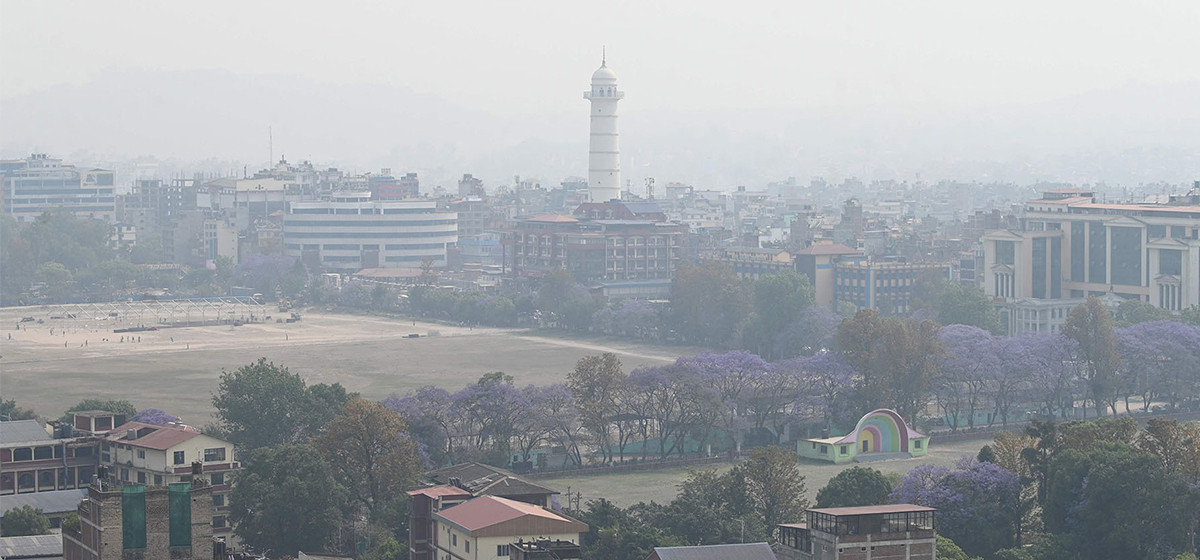





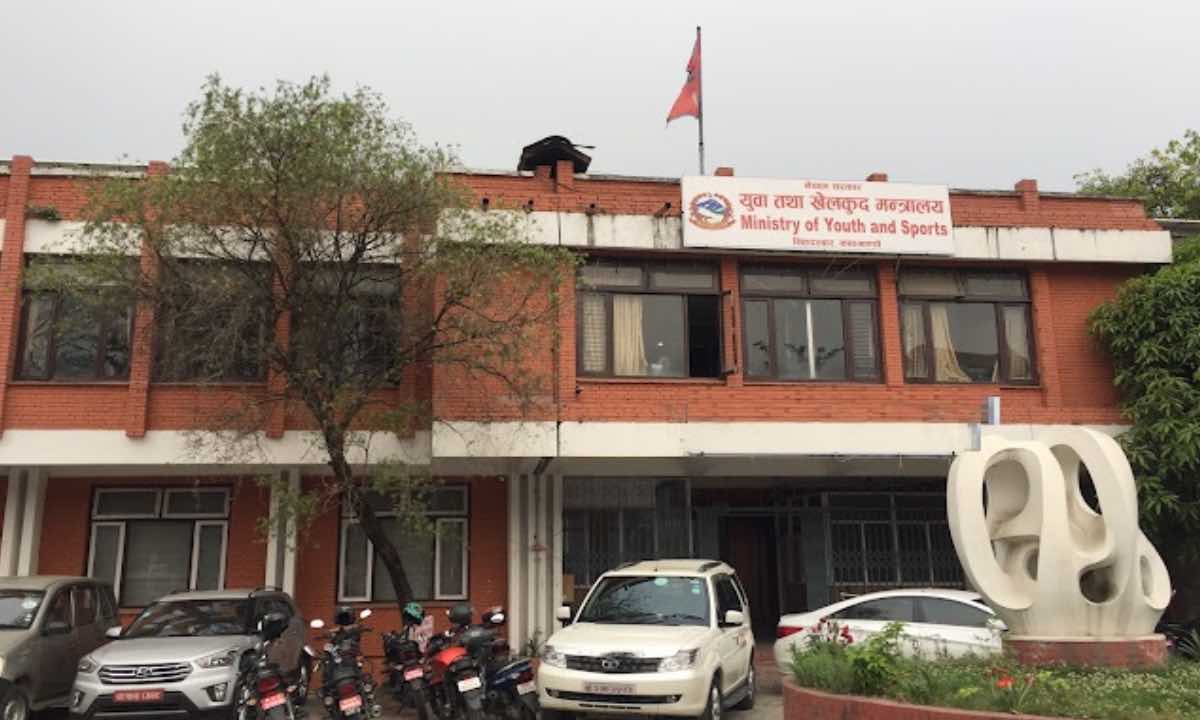

Leave A Comment